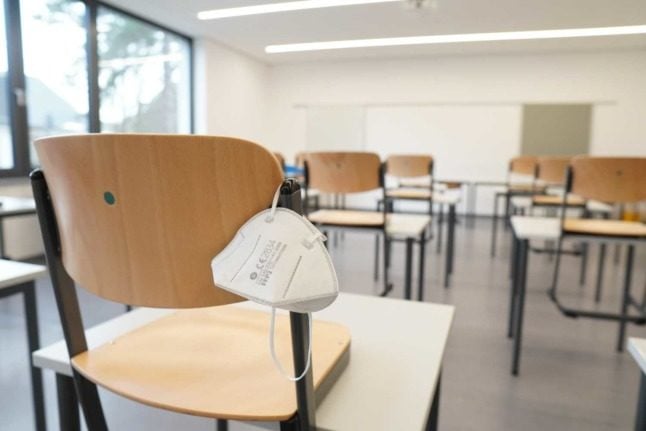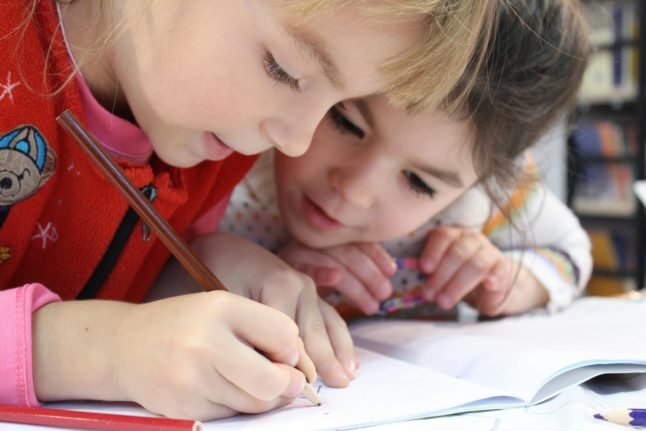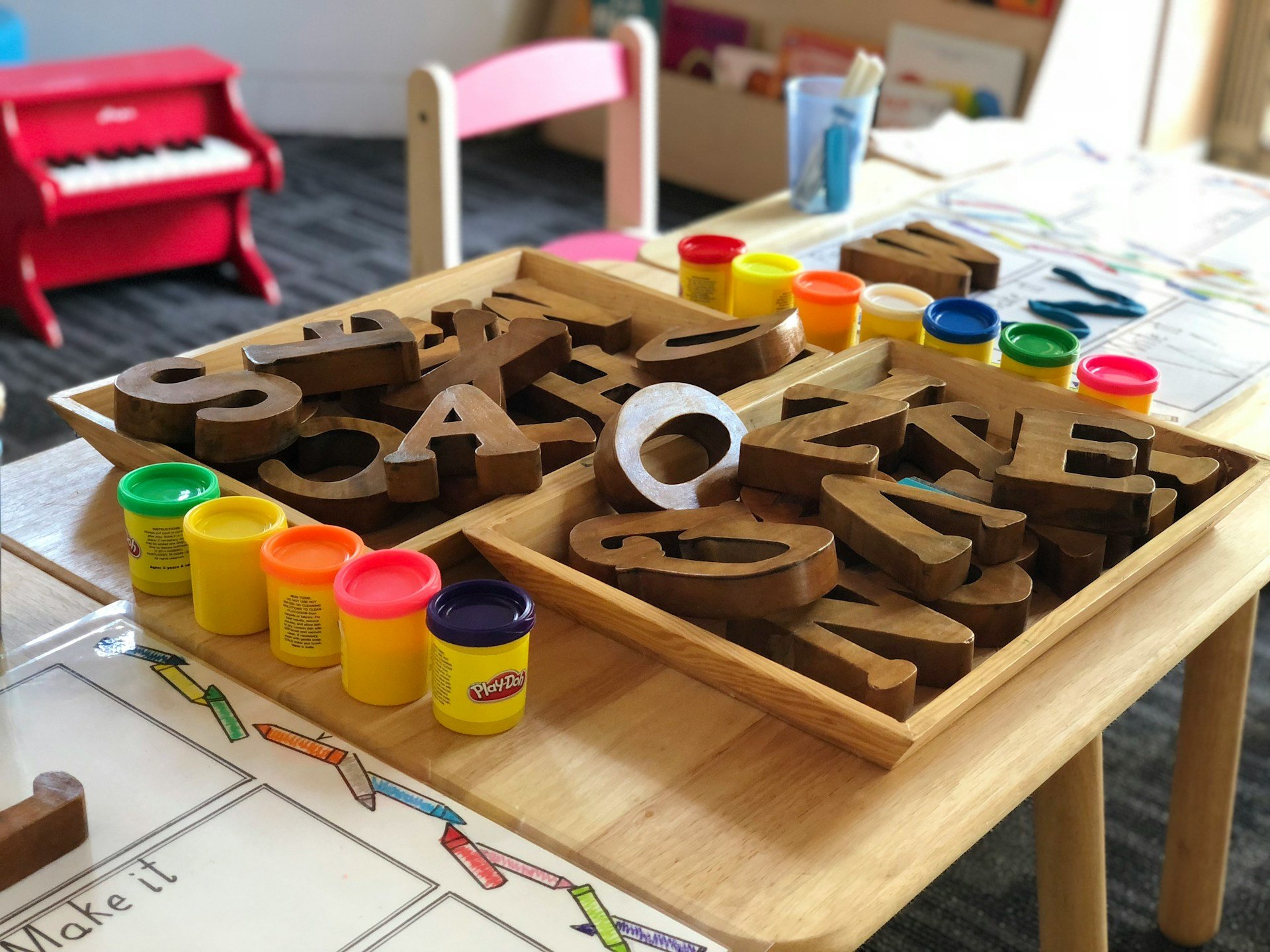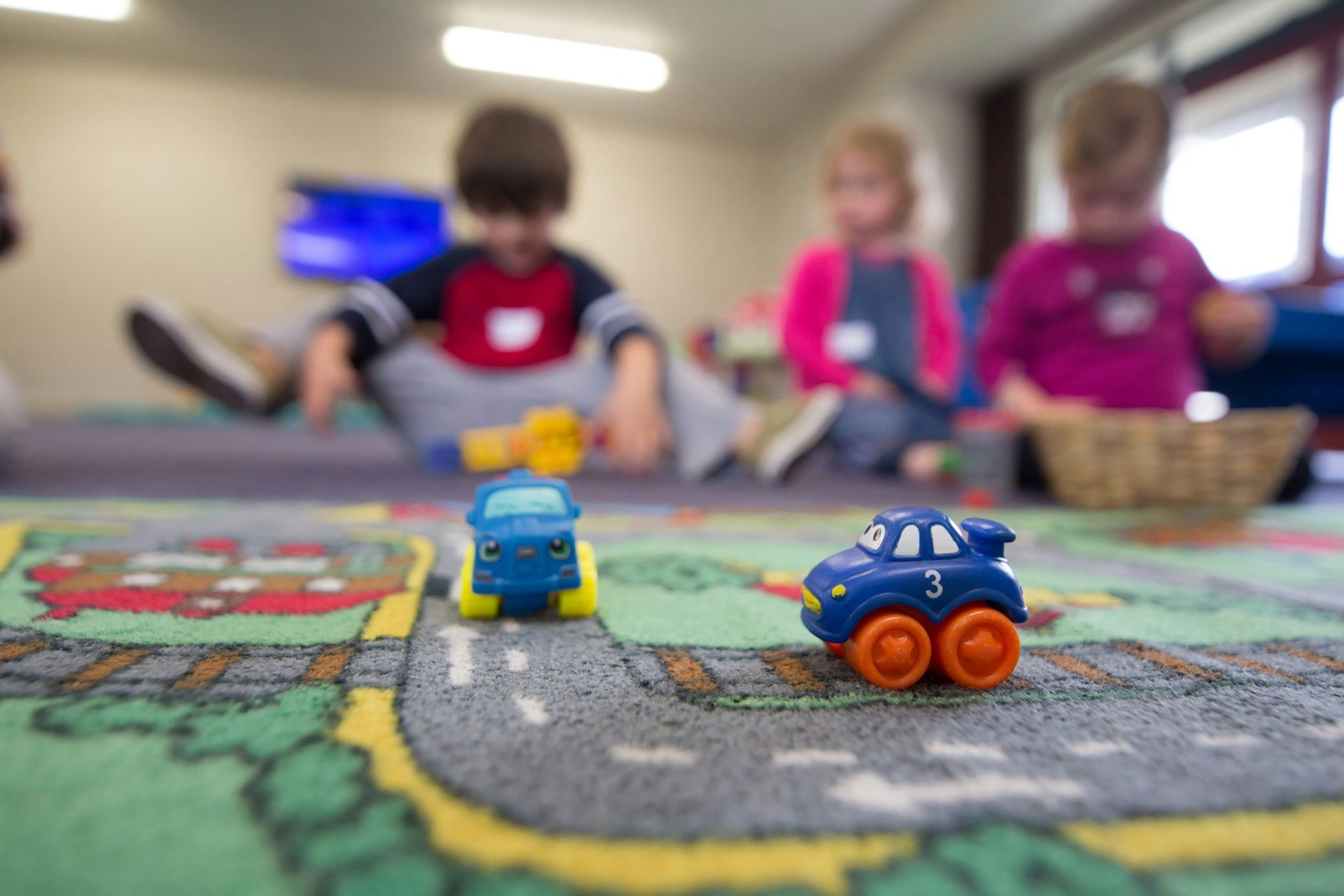From Wednesday June 16th, it will be no longer be mandatory for children to wear masks in class and group rooms at all schools.
Education Minister Heinz Faßmann (ÖVP) and Health Minister Wolfgang Mückstein (Greens) announced the change on Saturday, with the measure finalised in parliament on Tuesday.
The ministers said falling infection rates had allowed the change.
Masks will still be required where distance cannot be kept, i.e. in indoor events or activities such as choirs, as well as in the rest of the school building (I.e. other than classes and group rooms).
Is this too soon?
While school students and some parents – along with members of the teaching staff – have welcomed the changes, experts are less convinced.
Michael Wagner, a microbiologist from the University of Vienna, told Austria’s Kronen Zeitung newspaper that the change was likely to lead to an increase in infections.
Masks, testing and sport: What are the rules for schools in Austria?
“If you relax these effective measures, the probability that the number of unreported cases will rise again in schools.”
Wagner also warned that the change might signal to the public that the pandemic is over “when this is certainly not the case”.
The policy change does not impact the rules for testing in schools in Austria.





 Please whitelist us to continue reading.
Please whitelist us to continue reading.
Member comments